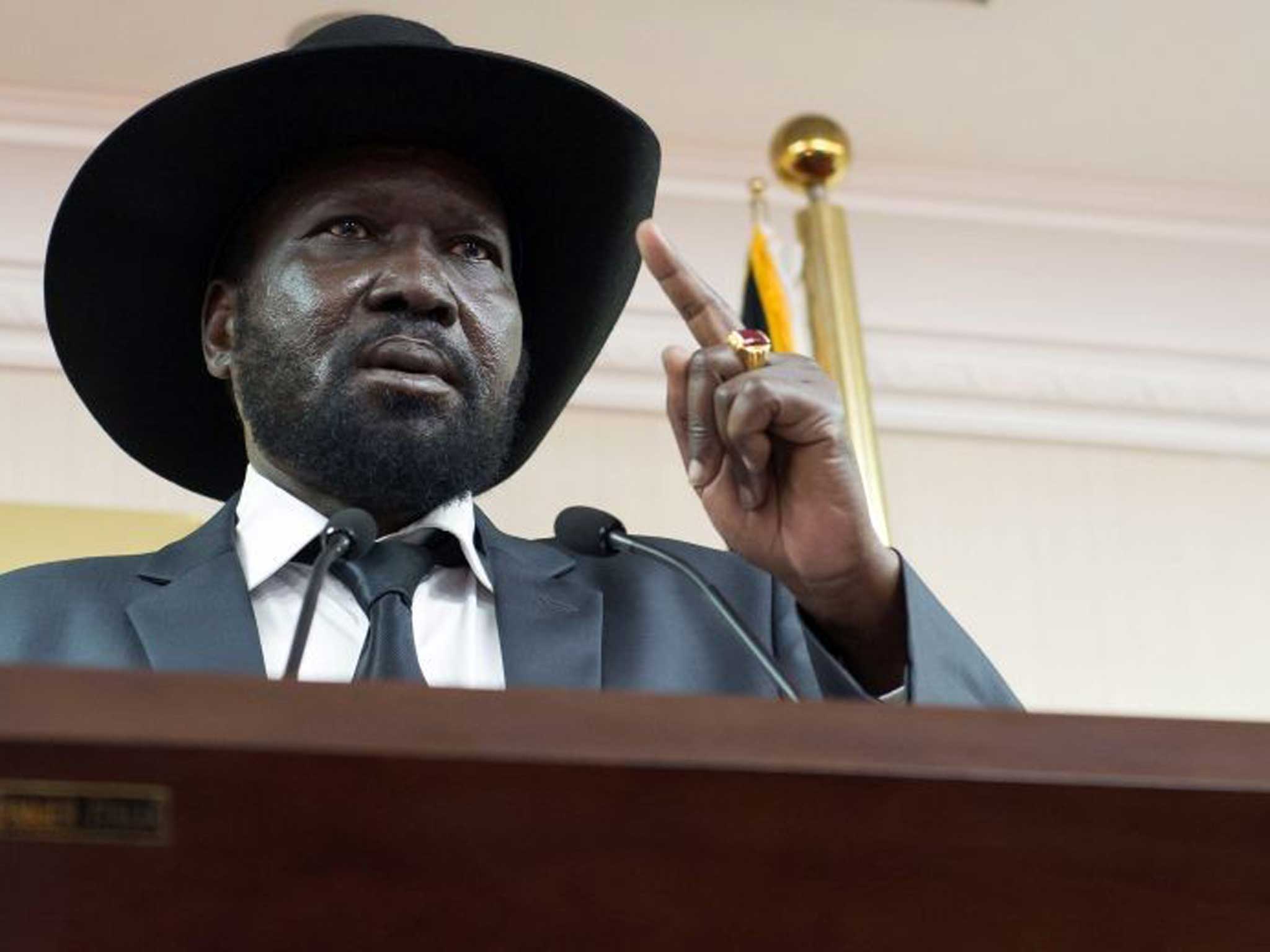South Sudan conflict: Genocide warning as a million people face famine
UN calls for ceasefire so that crops can be planted

Your support helps us to tell the story
From reproductive rights to climate change to Big Tech, The Independent is on the ground when the story is developing. Whether it's investigating the financials of Elon Musk's pro-Trump PAC or producing our latest documentary, 'The A Word', which shines a light on the American women fighting for reproductive rights, we know how important it is to parse out the facts from the messaging.
At such a critical moment in US history, we need reporters on the ground. Your donation allows us to keep sending journalists to speak to both sides of the story.
The Independent is trusted by Americans across the entire political spectrum. And unlike many other quality news outlets, we choose not to lock Americans out of our reporting and analysis with paywalls. We believe quality journalism should be available to everyone, paid for by those who can afford it.
Your support makes all the difference.Both sides in the spiralling South Sudan conflict have dismissed the suggestion of a 30-day ceasefire to allow crops to be sown amid the risk of severe famine.
Hours after President Salva Kiir tentatively agreed to enter peace talks with the opposition leader Riek Machar, the UN's top human rights official, Navi Pillay, issued a warning that up to a million people could face famine within months, unless hostilities were put on hold to plant crops. "Shockingly, their reaction indicated that this was not an overriding concern," said Ms Pillay.
The UN Security Council heard on Friday that action was needed "to bring the parties to their senses" after thousands were killed in months of fighting and more than a million people displaced. The council expressed its "horror" at recent mass attacks on civilians.
Join our commenting forum
Join thought-provoking conversations, follow other Independent readers and see their replies
Comments